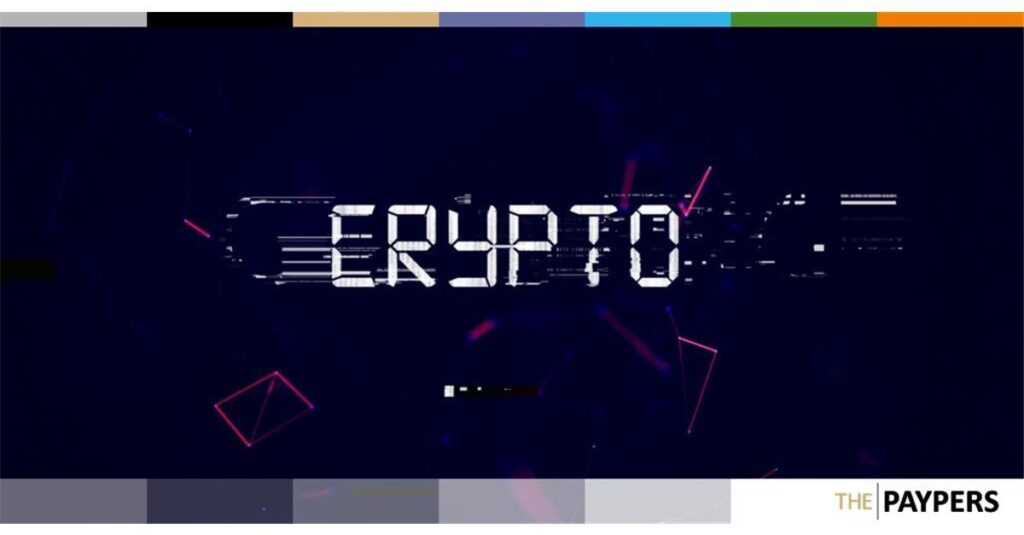Morocco has moved forward in regulating cryptocurrencies with a bill currently under review, according to officials at the country’s central bank.
This marks a potential shift in the country’s approach to digital assets, officially banned since 2017. In November 2017, the Office des Changes, responsible for regulating foreign exchange in Morocco, issued a public statement declaring that transactions involving virtual currencies were illegal. and subject to sanctions under applicable laws.
According to Cryptobriefing, the regulatory environment at the time was influenced by global skepticism towards crypto, as many countries issued warnings about the unregulated and volatile nature of digital assets. According to Reuters, despite the ban, clandestine use of cryptocurrencies remained widespread in the country.
Speaking at an international conference in Rabat, officials from the Central Bank of Morocco revealed that the bank has developed a framework aimed at regulating crypto assets. They also stressed the importance of creating a legal basis to meet the challenges posed by the growth in the use of cryptocurrencies in Morocco.
The bill was designed to protect individuals from the risks associated with the cryptocurrency market, while simultaneously aiming to encourage innovation in this area. To ensure the completeness of the legislative process, the Bank of Morocco interacts with several national regulatory bodies, notably those responsible for supervising capital and insurance.

CBDC in Morocco
Additionally, Bank Al Maghrib is studying the feasibility of introducing a central bank digital currency (CBDC). Reuters reports that, like many countries around the world, Morocco is examining how a CBDC could support key public policy objectives, particularly by promoting financial inclusion.
Unlike cryptocurrencies, which are generally decentralized and operate without central oversight, CBDCs are fully controlled and issued by central banks. These digital currencies are being explored by various countries as tools to modernize monetary systems and improve access to financial services.
This new project represents a clear shift in Morocco’s approach to digital assets, aiming to integrate cryptocurrency activities into the formal economy and protect citizens from the risks associated with unregulated markets.

